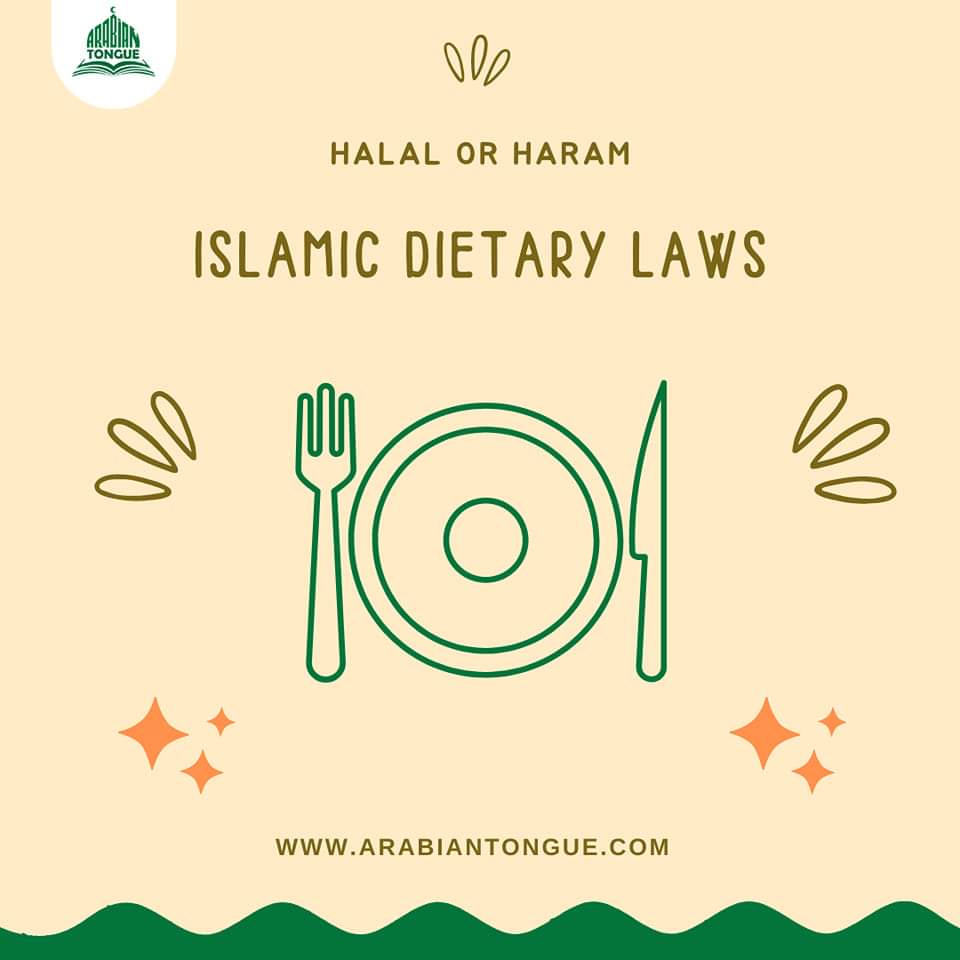The concept of halal, or what is permissible according to Islamic law, is not limited to just food. It also extends to other aspects of life such as business dealings, personal relationships, and even fashion. However, one of the most important and widely practiced applications of halal is in regard to food consumption.
The Quran, the holy book of Islam, lays out specific guidelines for what is considered halal and haram or forbidden when it comes to food. In general, all foods are considered halal with the exception of certain prohibited items such as pork, blood, and alcohol. Additionally, animals that are to be consumed must be slaughtered in a specific way, with a dedication recited by a Muslim, known as the shahada or Tasmiya.
This method of slaughter, known as “Dhabihah”, involves cutting through the windpipe, carotid artery, and jugular vein of the animal while it is still alive. The animal must be completely healthy and all blood must be drained from the carcass before consumption.
As the global Muslim population continues to grow, the demand for halal-certified products has also increased. Many major commercial meat packers have established certification processes to assure that their foods comply with Islamic dietary rules. This has led to the creation of a halal food market that now occupies a 16 percent share of the entire world’s food supply and is expected to continue growing.
This has led to the creation of a halal food market that now occupies a 16 percent share of the entire world’s food supply and is expected to continue growing. Consumers can now find a variety of properly slaughtered meats and other halal products labeled as “halal certified” in supermarkets and grocery stores.
It’s important to note that halal doesn’t only apply to food, it’s also a way of living and a way of being. Halal is not only about what is permissible for consumption, but also about living an ethical and moral life that is pleasing to Allah. It’s about choosing what is good for oneself, one’s community, and the environment.
Thus, Halal is not only about food, it’s a complete lifestyle that encompasses all aspects of life, from what we put in our bodies to how we conduct ourselves in the world around us. It’s about choosing what is good for oneself, one’s community, and the environment.
Recommended reading

